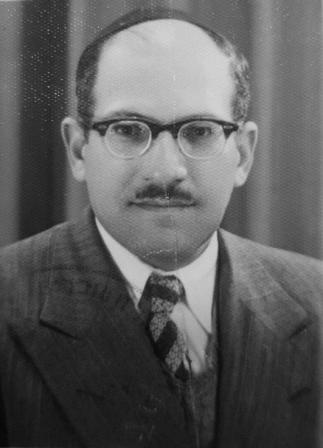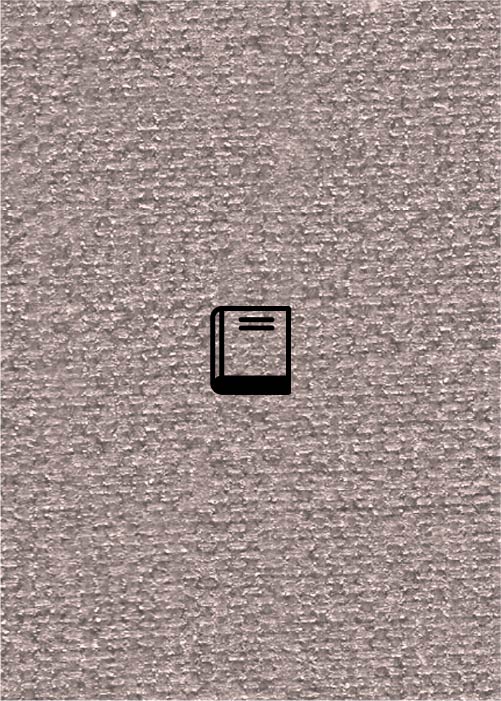Efraim Yaakov was born in 1953 and raised in Nahariya, to a family from Hogeriya in Yemen. He completed his academic degrees in the Department of History and Philosophy at the Hebrew University, where he served as an assistant to Prof. Yeshayahu Leibowitz. He wrote the M.A. and his doctoral dissertations on Kabbalah among Yemeni Jews under the supervision of Prof. Moshe Idel. In addition to his academic studies, he studied halakha with two of the greatest rabbis of Yemeni Jewry in Israel: Mary Yosef Kapach and Mary Chaim Yahya Sinwani.
Efraim Yaakov was one of the most important Yemeni scholars. He devoted most of his academic and public career to the preservation and the heritage of Yemen Jewry, and especially to the heritage of Hogeriya, his ancestors' origin. He did much to preserve the heritage of the community of Hogeriya, documenting, recording, and publishing the literature and poetry of the Jews from Hogeriya in Israel. Efraim Yaakov can be seen as an ethnographer of Yemen Jewry. His book Algades, District, Family Village and Man in Yemen (2020) is an example of his hard work in this domain. This book is unique in that it is based entirely on fieldwork, oral history and does not rely on any written material. His many recordings are kept in the Sound Archive at the National Library.
In addition, Efraim Yaakov dealt with the history of Spanish and Yemen Jewry and the history of science among Eastern Jews. He also dealt with the writings of the Hida (R. Chaim Yosef David Azulay), one of the greatest rabbinic authority in Jerusalem at the end of the 18th century, who was also a Kabbalist and historian. Efraim Yaakov has authored and edited over 15 books on various topics, including Meil Katan: Commentary on the book Meill Shmuel to Rabbi Shmuel David Otolingi by Mary Yahya Salah (1992); To Yemen: Introduction to the Land of Al-Hugariya to Mary Yosef Ratcha (1995); Eloha Miteman Yavo: Chapters in the History of Kabbalah in Yemen (2016).
Efraim Yaakov was employed as a consultant at the Ministry of Education and as an editor of heritage programs at 'Kol Yisrael'. He has taught at the Hebrew University, Bar-Ilan University, the Open University of Israel, Moreshet Yaakov and Ashkelon and Ariel colleges. Efraim Yaakov is known as a popular teacher, whose courses our sought after by students. In parallel with teaching, he continued his research projects. Dr. Yigal Levin, his colleagues at Bar-Ilan, said that Efraim was almost always among those who opened the university gates in the morning and locked them at night.
On March 31, 2015, Efraim Yaakov passed away at the age of 62.
From the words of Tom Fogel in his memory: (translated from Hebrew)
'... Efraim, unlike the classical historian, did not look for a history only in old pages and archives - but first and foremost in humans. For this reason, for me at least, he was also an ethnographer and an excellent folklore researcher. I remember once sending him some documentation and he responded, 'It's folklore, not history.' He may have meant negativity, but when I say folklore I mean a deep understanding of the cultural subtext, of what lies beneath the surface, and in this respect, Efraim was one of a kind. He recognized the power of an oral tradition, and two books he wrote — Yemen, and the book Algades, are history by a single messenger, as he writes in the book's introduction.
Efraim experiences himself as documenting a world that has disappeared, with a great deal of justice. A degree of sadness is cast on his conversations with the informants, 'Isn't it sad for you that it's gone?' He asks one of his informants, and I think that in this question it is clear who is sad ... but Ephraim's sadness spurred him on to action. And not only for research doing but also for actions within his community. This is how he rotated between synagogues in various lectures and especially recruited people on the subject of the music of the Jews of southern Yemen ... '.
Sources (in hebrew):
מאיר בר אשר, 'אפרים יעקב ז'ל', פעמים, 148 (מכון יד בן צבי: תשע'ו), 165- 170.
תום פוגל, 'אלְגַּדֵּס, מחוז, כפר משפחה ואיש בתימן'- אפרים יעקב כאתנוגרף, הרצאה בערב עיון לציון שנה לפטירתו, הספריה הלאומית ומכון בן צבי.
מדברי ד'ר יגאל לוין, באתר המחלקה לתולדות ישראל ויהדות זמננו.






